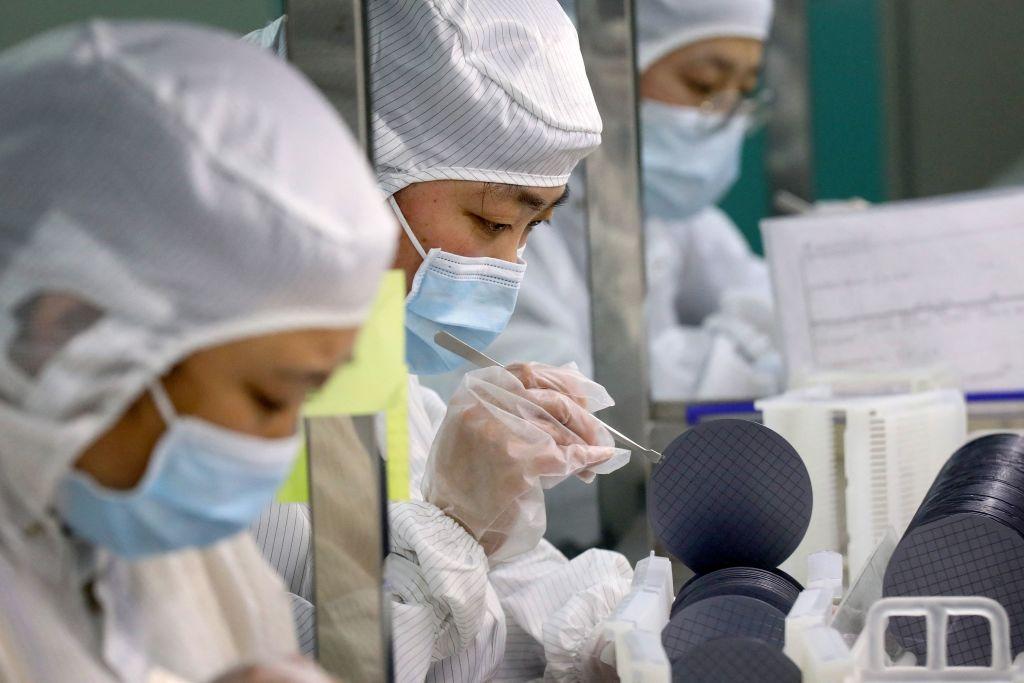Commentary
China’s arbitrary imprisonment of top business leaders is a self-defeating weakness that can be exploited by the United States and our allies globally.

China’s arbitrary imprisonment of top business leaders is a self-defeating weakness that can be exploited by the United States and our allies globally.